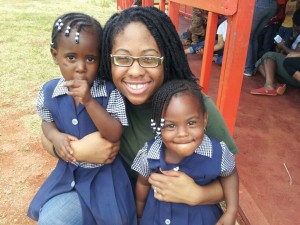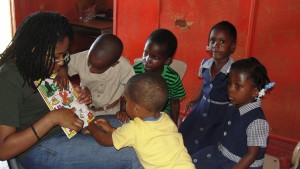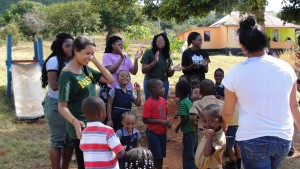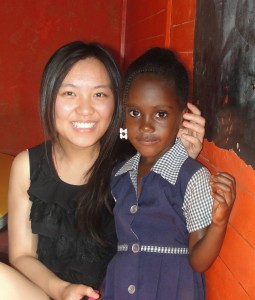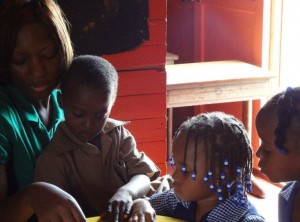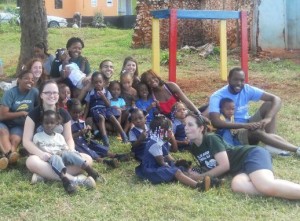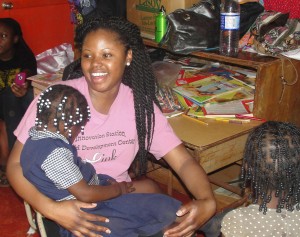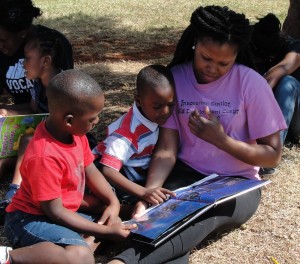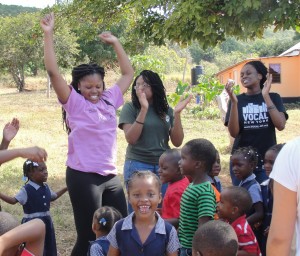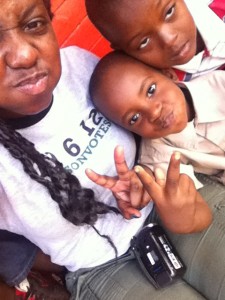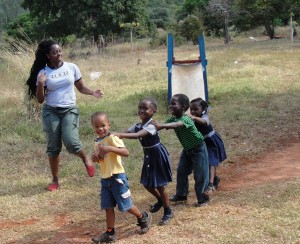Reflections on Alternative Break, January 2013.
Hope School – Treasure Beach, Jamaica.
As always, my latest Alternative Break service experience has left me with a mash-up of conflicting thoughts and emotions. The attempt to reconcile them is no doubt very good for my growth.
As it happened, on the flight to Jamaica I read a compilation of research studies on positive psychology. In particular, about the factors shown to contribute to feelings of wellbeing and happiness. Some of these include: positive close relationships with family and/or friends, having a sense of life purpose and meaning, and taking time to count blessings and be grateful.
The Jamaicans we lived among this week have an abundance of these things. In many ways they showed us how to live the good life, focusing on what is important.
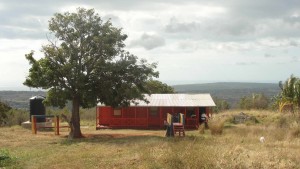
– Hope School, with view of the Caribbean Sea
But then I am asked by well-meaning friends, “Oh you were in Jamaica? Which resort?” reminding me of the Jamaica we didn’t see.

It’s an image intended to tempt you there, but after the week our Mason team had there, it makes me sick to my stomach. A major challenge facing Jamaicans is a lack of water. In the town near Hope School where we served, 500 people share a single spigot. Imagine starting each day with a walk to fill a bucket with all the water you will have for the day.
The reality of “no water” is hard to fully grasp without living it. Hope school is a two room school house with 25 children age 2-6. Consider the daily bathroom breaks, the 50 little hands covered in playground dirt, needing to be washed before snacks and lunch. The teachers have a single bucket of water for washing and pouring into toilets that aren’t connected to water pipes.
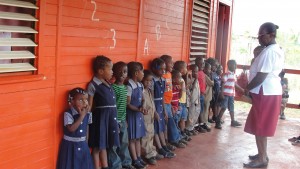
– Hope School with students and teacher, “Auntie Merdi”
As the children fall down in the dirt during games of tag and rides down the slide, we have to pause and think about the parents who will have to wash the stains from their clothes. We know they don’t have a washing machine. Do they have any more water than the schoolhouse has? How far do they have to walk to acquire even that much?
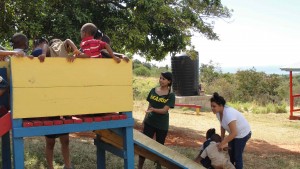
– Mason students enjoying a break with Hope School students
The people we lived with this week do not have a lot of the material things that we think will lead us to happiness and wellbeing. No iPods, designer clothes, or flat screen TVs. Most are without electricity and running water. Those who do manage to pay for power and water have such unreliable service, those who don’t (including our hosts) don’t believe they are missing much.
Jamaica has enough water for people to live more comfortably than this. But they don’t have enough for both that and this.
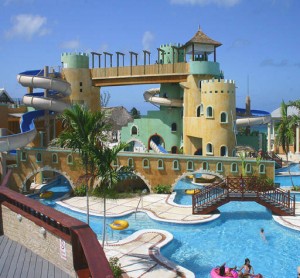
For a hotel with access to the best beaches in the world, why is having a pool with waterslides more important than “Auntie Merdi” at Hope School having enough water to wash 50 little hands?
I already hear the arguments about what resorts do for the struggling economy. With investments the owners can easily afford, water conservation technology could make a huge impact.
Please don’t visit a Caribbean resort without asking about this.
For now, I’m in a familiar state of limbo I call post-AB brain. I don’t pity the Jamaicans. In most ways they have taught me a way to live that is infinitely better for wellbeing than the rat race I live. But I’m still spitting mad about the inequity of their situation. The world will never be one where luxuries will be enjoyed equally, but basic human necessities for all should be a given before anyone goes around wasting them for entertainment and leisure.
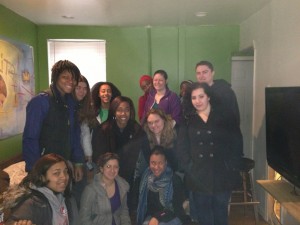
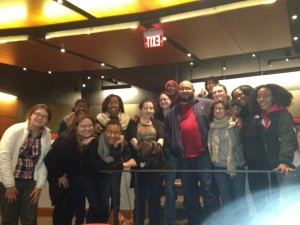
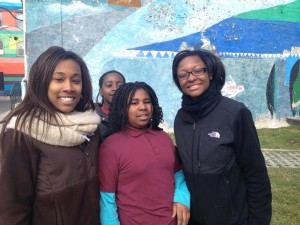
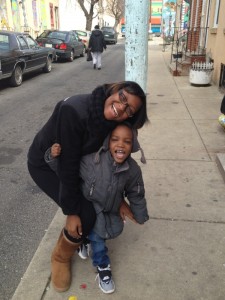
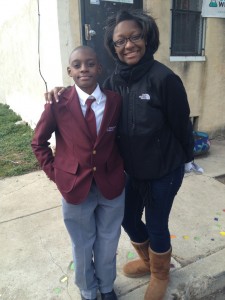
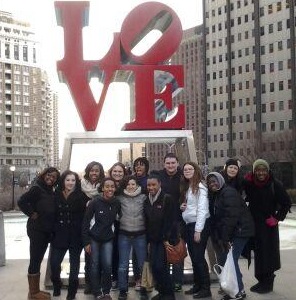
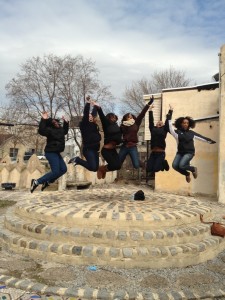



 Posted by cwashin212
Posted by cwashin212
